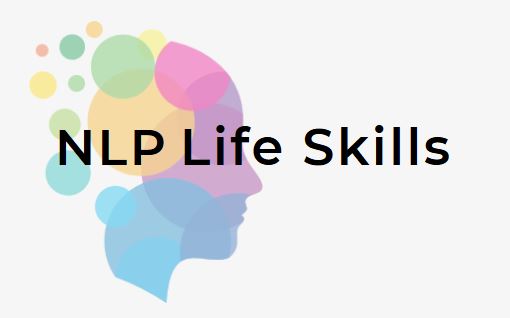Mindfulness and meditation are often used interchangeably, but they are not synonymous. According to Jon Kabat-Zinn, a pioneer in the field of mindfulness, mindfulness is “paying attention in a particular way: on purpose, in the present moment, and non-judgmentally” (Kabat-Zinn, 1994). Meditation, on the other hand, is a practice used to develop mindfulness and concentration.
The concept of mindfulness has been around for thousands of years, but it has only recently become popular in the Western world. In Buddhism, mindfulness is a key component of the Eightfold Path, which is a path to enlightenment (Buddha, n.d.). Meditation, as a practice, is also rooted in Buddhism, but has been adapted and incorporated into various cultures and traditions around the world.
Mindfulness is a state of awareness that can be cultivated through various practices, including meditation, but it can also be practiced in daily life through activities such as eating, walking, or even washing the dishes (Kabat-Zinn, 1994). Meditation, on the other hand, is a specific set of practices that are designed to develop mindfulness and concentration (Santorelli, 1999).
Mindfulness is a way of being, while meditation is a way of doing. Mindfulness is a state of awareness that one can bring to any situation, while meditation is a specific technique for developing mindfulness (Kabat-Zinn, 1994).
According to a review of mindfulness research by Bishop et al. (2004), mindfulness has been shown to have a range of benefits for mental and emotional well-being, including reducing stress and anxiety, improving mood, and increasing self-awareness. Meditation has also been shown to have similar benefits, as well as benefits for physical health, such as reducing chronic pain (Grossman et al., 2004).
While mindfulness and meditation can complement each other, they are distinct practices with different goals and applications. Whether one chooses to focus more on mindfulness or meditation will depend on personal preferences and goals, but both have the potential to bring significant benefits to one’s life (Kabat-Zinn, 1994; Santorelli, 1999).
For those who would like to dive a little deeper please explore the references below.
References: Bishop, S. R., Lau, M., Shapiro, S., Carlson, L., Anderson, N. D., Carmody, J., Segal, Z. V., Abbey, S., Speca, M., Velting, D., & Devins, G. (2004). Mindfulness: A proposed operational definition. Clinical Psychology: Science and Practice, 11(3), 230–241.
Buddha. (n.d.). The Eightfold Path. Retrieved from https://www.buddhanet.net/e-learning/history/buddha_life.htm
Grossman, P., Niemann, L., Schmidt, S., & Walach, H. (2004). Mindfulness-based stress reduction and health benefits: A meta-analysis. Journal of Psychosomatic Research, 57(1), 35–43.
Kabat-Zinn, J. (1994). Wherever You Go, There You Are: Mindfulness Meditation in Everyday Life. Hyperion.
Santorelli, S. F. (1999). Heal Thy Self: Lessons on Mindfulness in Medicine. Bell Tower.




